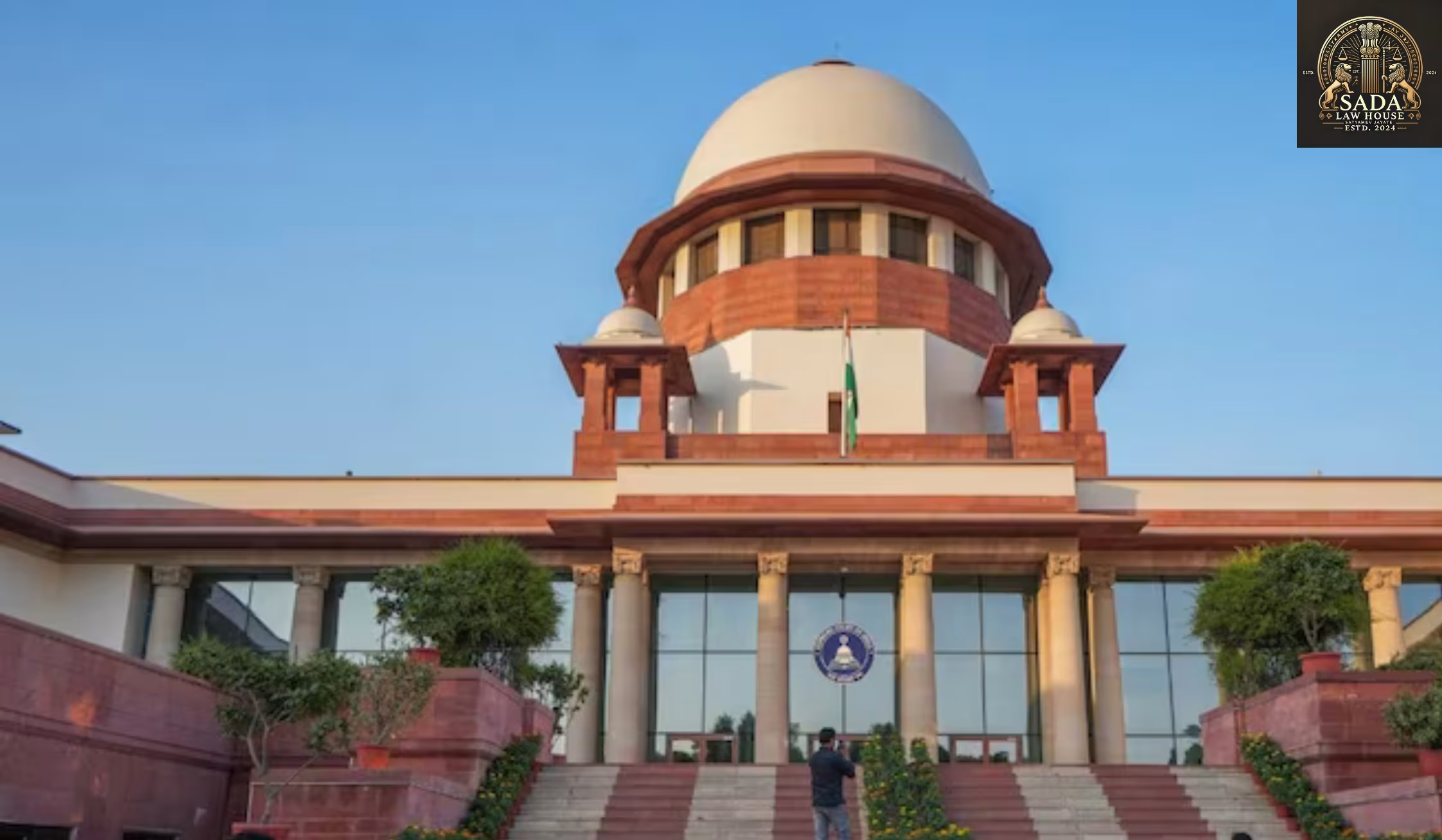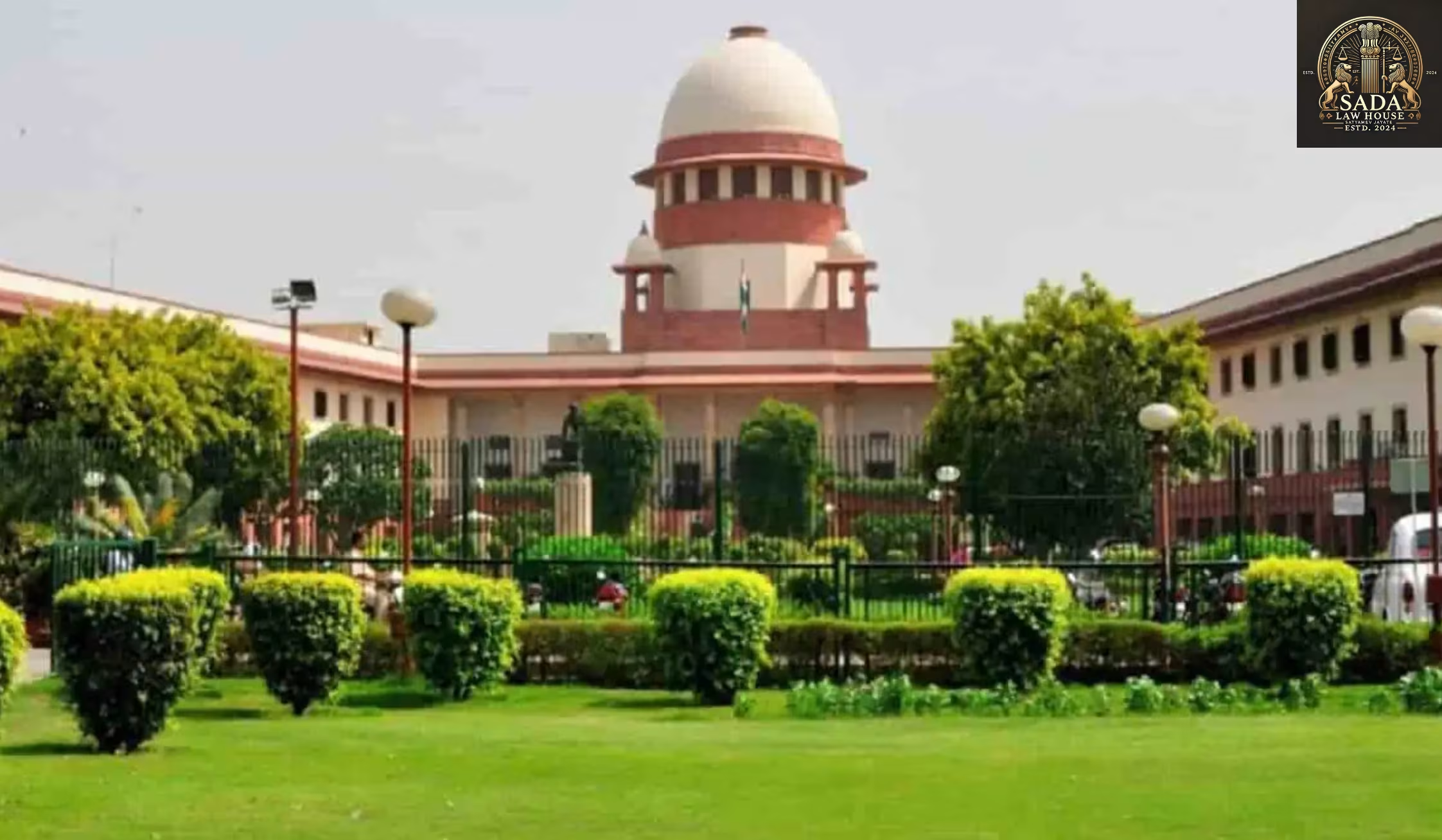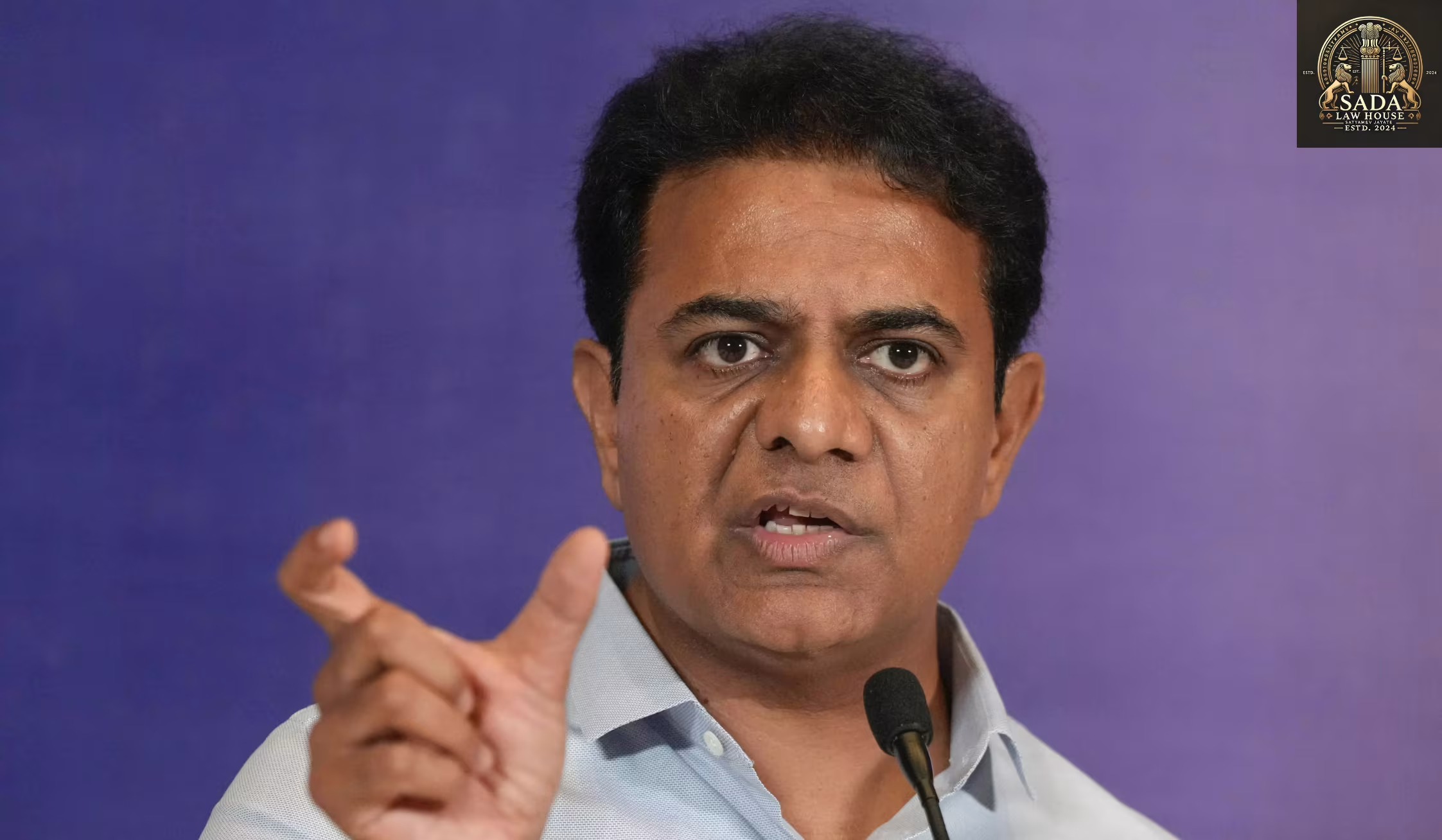Supreme Court Stays Contempt Proceedings Against Bengal Police Officers Over 2019 Howrah Lathicharge Incident
- PRABHAT KUMAR BILTORIA
- 19 June 2025

The Supreme Court of India has issued an interim stay on contempt proceedings against six West Bengal police officers related to the 2019 Howrah lathicharge incident. Learn more about the case, key developments, and legal implications.
Overview of the Supreme Court’s Interim Stay
On Monday, the Supreme Court of India granted an interim stay on the contempt proceedings initiated by the Calcutta High Court against six senior police officials from West Bengal. Among those named are four IPS officers and the Howrah Police Commissioner.
Background: The 2019 Howrah Municipal Incident
The case dates back to 2019 when police used a lathicharge during a protest at the Howrah Municipal Corporation. The demonstration, which was related to a parking dispute, reportedly resulted in several lawyers being injured. Following the incident, the High Court took suo motu cognizance and initiated contempt proceedings.
High Court’s Summons and Legal Developments
In response to the alleged police misconduct, the Calcutta High Court summoned the officers to appear on June 25. Notices were also issued to the West Bengal government, the Registrar General of the High Court, and other relevant parties, requiring them to file their responses within six weeks.
Arguments Presented in the Supreme Court
Senior Advocate Sidharth Luthra, representing the petitioners, argued that the contempt proceedings were initiated via a suo motu writ petition without due cause. Recognizing the complexity and seriousness of the issue, the Supreme Court issued formal notices and stayed the proceedings to allow time for comprehensive review.
Ram Janmabhoomi Case Reference
During the hearing, the bench referred to the precedent set in the Ram Janmabhoomi case, where action against IAS officers was withheld due to a lack of charges for over a year. This comparison further underscored the need for careful judicial scrutiny before moving forward.
Current Status and What Lies Ahead
The Supreme Court concluded that the matter “needs to be heard” and granted a six-week window for replies from all involved parties. Until then, all further proceedings have been officially stayed.
Live Cases







